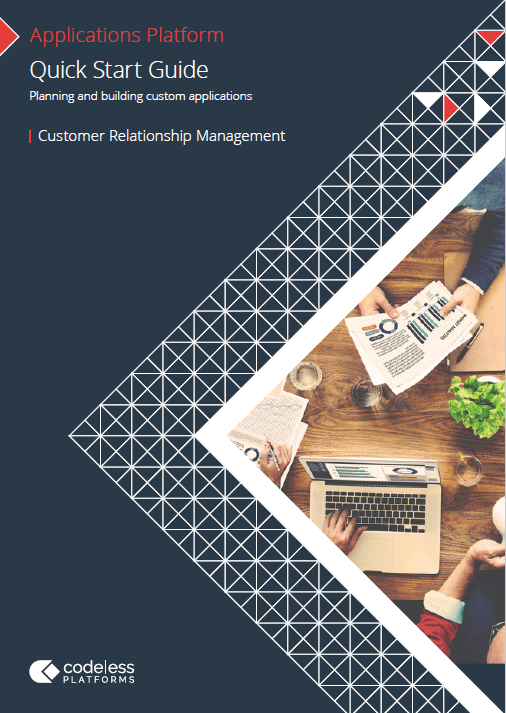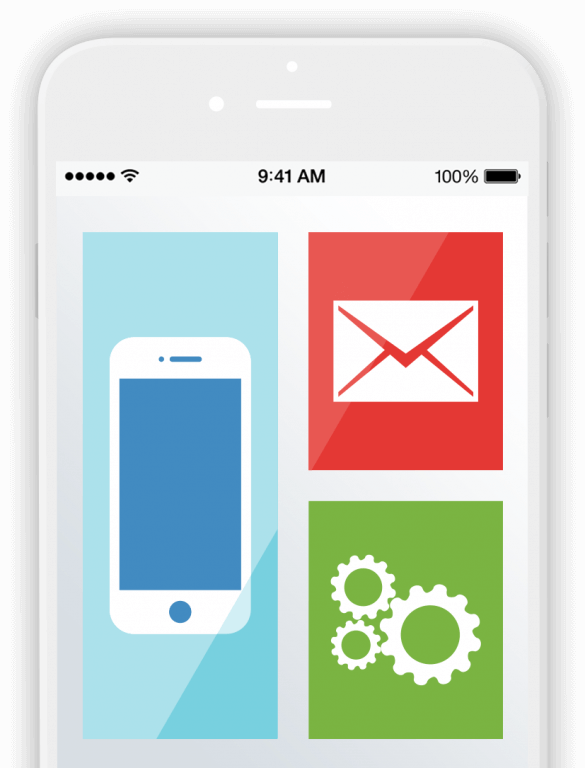Customer Relationship Management (CRM) is the process of managing customer and prospect relationships, interactions and communications to improve customer retention and increase sales opportunities.
Regardless of industry and specialism, an organisation will have its own strategy, target market, products, services and sales cycle. As a result, business processes and employees create new data every working day. The test for organisations is how customer data and interactions are managed. This is where CRM comes into play.
When CRM is mentioned the common assumption is a reference to a CRM system. A CRM platform is software or an application that typically assists contact management and sales tasks. Some organisations use a spreadsheet as a customer database, some use an off-the-shelf or custom CRM system. Irrespective of where customer information is held, a CRM strategy improves the management of business-critical data such as customer and prospect information and sales opportunities.
CRM, not just a sales tool
Another common misconception is that CRM is only sales contact management software for sales teams. The truth is it’s for the whole company. Information held within a customer management solution extends across multiple departments and can influence how a business interacts with them. Your customer database should contain core customer data sets including purchase history, sales pipelines and lead management, as well as customer feedback and general communication methods for marketing and cross-selling or upselling purposes. Common uses for a CRM database across departments include:
- Sales e.g. tracking lead activity, managing sales pipeline and scheduling follow-up activities
- Marketing e.g. targeted marketing campaigns and profiling
- Management e.g. assigning leads and tasks, monitoring customer status and follow up activities
- Accounting e.g. customer placed on credit hold, creating and issuing invoices
- Customer services e.g. support tickets, customer surveys
CRM Improves Data Management
A core function of CRM is data management. The information held within an organisation’s customer database provides it with an overview of its customers in one place. Sales teams can use this data to see a customer’s purchase and spending history, order status and any customer service issues. Marketing departments can use the information to profile customers for a marketing campaign. In short, a successful CRM strategy makes data visible across departments, identifies sales cycles and helps segment customers.
Effective CRM increases data visibility, which means that businesses can build a better relationship with customers. This will help identify their preferred contact methods, their buying patterns and their interests, as well as prioritise customers’ needs and extract the correct information.
Overcoming the challenges of CRM
Customer relationship management helps organisations of all sizes to profile their customers and increase revenue opportunities. One of the main challenges is collating customer information so that it is coherent, up-to-date and in one place.
If a business is reliant on using spreadsheets as a customer database it may experience problems with maintaining multiple versions of one spreadsheet, or have problems using the information collated by a sales person that has left the organisation.
CRM software enables an organisation to store data in one place. This helps sales, marketing, customer service and accounting departments have increased visibility of a customer’s history and communication methods. Having customer data securely in one place means that an organisation can improve customer relationships. Synchronising communications across multiple departments allows the business to spend more time creating profitable relationships with existing and prospective customers.
For more information on how you can improve customer relationship management processes, please download the quick guide to planning your CRM system or call us on +44 (0) 330 99 88 700.

